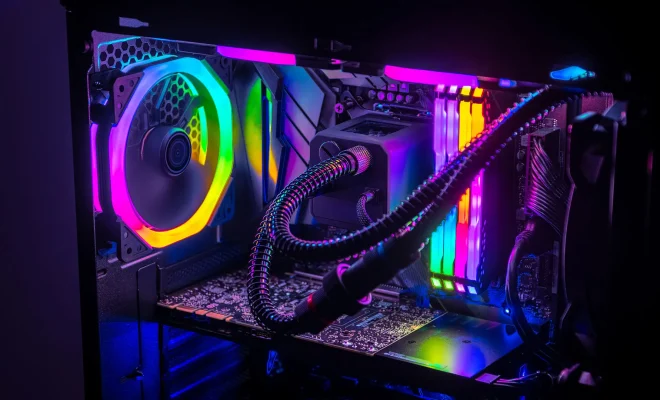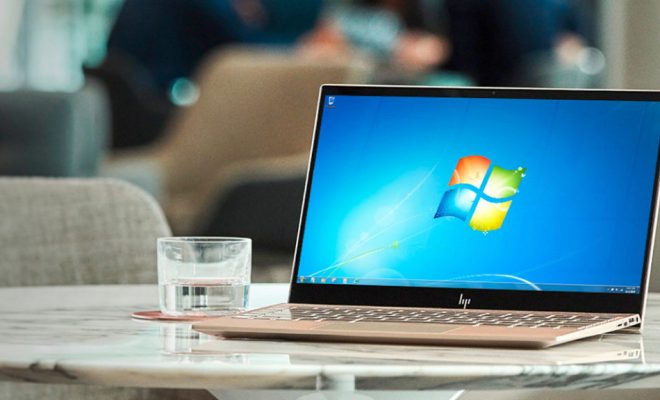How to Fix It When a PC Can’t Run Windows 11

Windows 11 has been the talk of the town lately, with its sleek new interface and enhanced features. However, not all PCs can run this latest operating system due to certain hardware requirements. If your PC is among those that cannot handle Windows 11, don’t worry, there are several ways to fix it.
Here are some steps you can take to get Windows 11 up and running on your PC:
- Check the Hardware Requirements
First, you need to check if your PC meets the minimum hardware requirements for Windows 11. This includes having a 64-bit processor with at least two cores, a clock speed of 1 GHz or higher, 4 GB of RAM, and at least 64 GB of storage space. Your PC also needs to support DirectX 12 or later, with a compatible WDDM 2.0 driver, and have a UEFI firmware version 2.0 or later.
- Update Your BIOS
If your PC meets the minimum requirements but still cannot run Windows 11, it’s possible that your BIOS needs updating. Many manufacturers release BIOS updates to improve compatibility with new operating systems. You can visit your PC manufacturer’s website to download the latest BIOS update for your machine.
- Enable TPM and Secure Boot
Windows 11 requires that you have a Trusted Platform Module (TPM) version 2.0 and Secure Boot enabled. To enable these features, you need to enter your BIOS settings and look for the TPM and Secure Boot options. Depending on your PC’s manufacturer, these options may be located in different sections of your BIOS.
- Install Necessary Drivers
In some cases, your PC may need new drivers to run Windows 11. You can download the latest drivers from your PC manufacturer’s website or use Windows Update to see if any are available. It’s important to update all drivers to ensure that your PC is running smoothly and to avoid compatibility issues.
- Check for Compatibility
Before upgrading, it’s important to check if your PC is compatible with Windows 11. You can use Microsoft’s PC Health Check app, which will scan your system and provide information on whether your hardware and software are compatible with Windows 11. If your PC is not compatible, it will provide recommendations on how to upgrade your system.
- Consider Upgrading Your PC
If all else fails, it may be time to consider upgrading your PC if you want to run Windows 11. This could include upgrading your processor, RAM, or storage, or even purchasing a new PC altogether. Be sure to check the hardware requirements for Windows 11 before making any decisions.
In conclusion, if your PC cannot run Windows 11, don’t worry, there are several ways to fix it. By following these steps, you can ensure that your PC meets the minimum requirements for Windows 11, update your BIOS and drivers, and enable the necessary features. If none of these steps work, it may be time to consider upgrading your PC.






